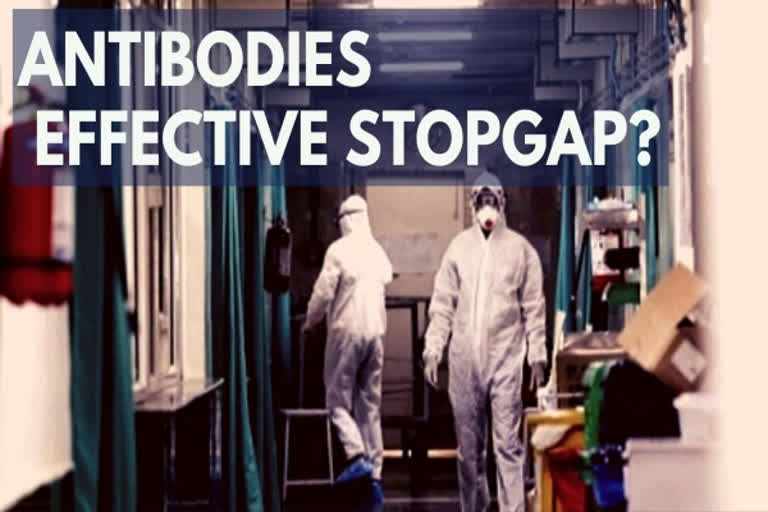Hyderabad: Nearly three months after the outbreak of coronavirus, and after few vaccines that have been hurriedly developed to combat the global pandemic – over 2,76,000 people infected and 11,000 deaths in 176 countries – there appears to be some hope in putting an end to the novel coronavirus disease. Two American infectious disease experts Arturo Casadevall and Jill Sommer at Johns Hopkins Bloomberg School of Public Health have come out with a novel approach to stop and battle it out. According to them, using the antibodies of people who have recovered from COVID-19 to treat coronavirus affected patients or critical health care workers shall provide short-term immunity.
The infusion of antibody-containing serum from convalescing patients has a long history of effective use as a stopgap measure against infectious diseases, and can be implemented relatively quickly, they argue. Casadevall went to the extent of saying, “In addition to public health containment and mitigation protocols, this (antibodies) may be our only near-term option for treating and preventing COVID-19, and it is something we can start putting into place in the next few weeks and months.”
Although researchers are expediting various potential treatments and vaccines, none is likely to be available in the next several months much less a vaccine is unlikely to be available within 2020 or perhaps longer. Coming to antibodies they circulate in the blood of survivors for months and years afterward, and usually develop the potential to bind to the pathogen and neutralize its ability to infect cells. “The procedure for isolating serum, the fraction of blood containing antibodies, is also a long-established technology and can be performed using equipment normally found in hospitals and blood-banking facilities.”
Patients who recover from COVID-19 may be asked to donate serum containing the antibodies that would then be processed for injection into sick patients and in those exposed to SARS-CoV-2.
